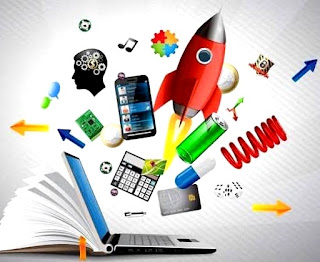When Technology becomes another Form of Privilege
By Christopher Ryan Maboloc, PhD
Our educators are mistaken to think of technology as instrumental and neutral. Modern technology cannot be separated from the context of the society in which it operates. The use of technology in this regard embodies a certain kind of thinking that is rooted in techno-rationality. Technology, for Andrew Feenberg, "contains and delegates values and interests" that usually favor the powerful in society. In fact, Feenberg sees technology as a "disaster" for humankind.
Some people assume that technology always helps in various areas of life when in truth, it is just another manifestation of the privilege of the elite. It is clear that poor kids are left behind when it comes to learning using ICT (Information and Communications Tech). What is terribly missed is the understanding that modern gadgets, mobile phones, and internet connectivity also concern issues of access and ergo, economic justice. In this sense, the mindset that modern technology always advances the good of society is just mistaken.
The point is not to say that technology is bad. Rather, it matters to look into the socio-economic and cultural contexts of our students and learners. If the use of modern tools is meant to make our students more productive, then we are not educating them to become decent human beings but as cogs in the machine. The effect on other people is fascinating, they no longer talk face to face because our humanity has become invisible. The problem of access has nothing to do with efficiency. It is about power and control.



